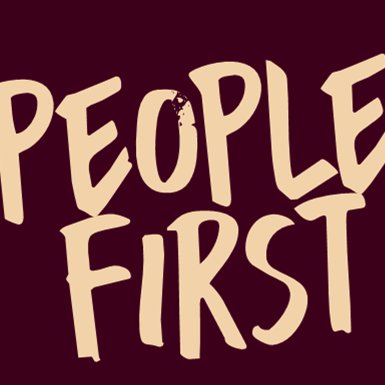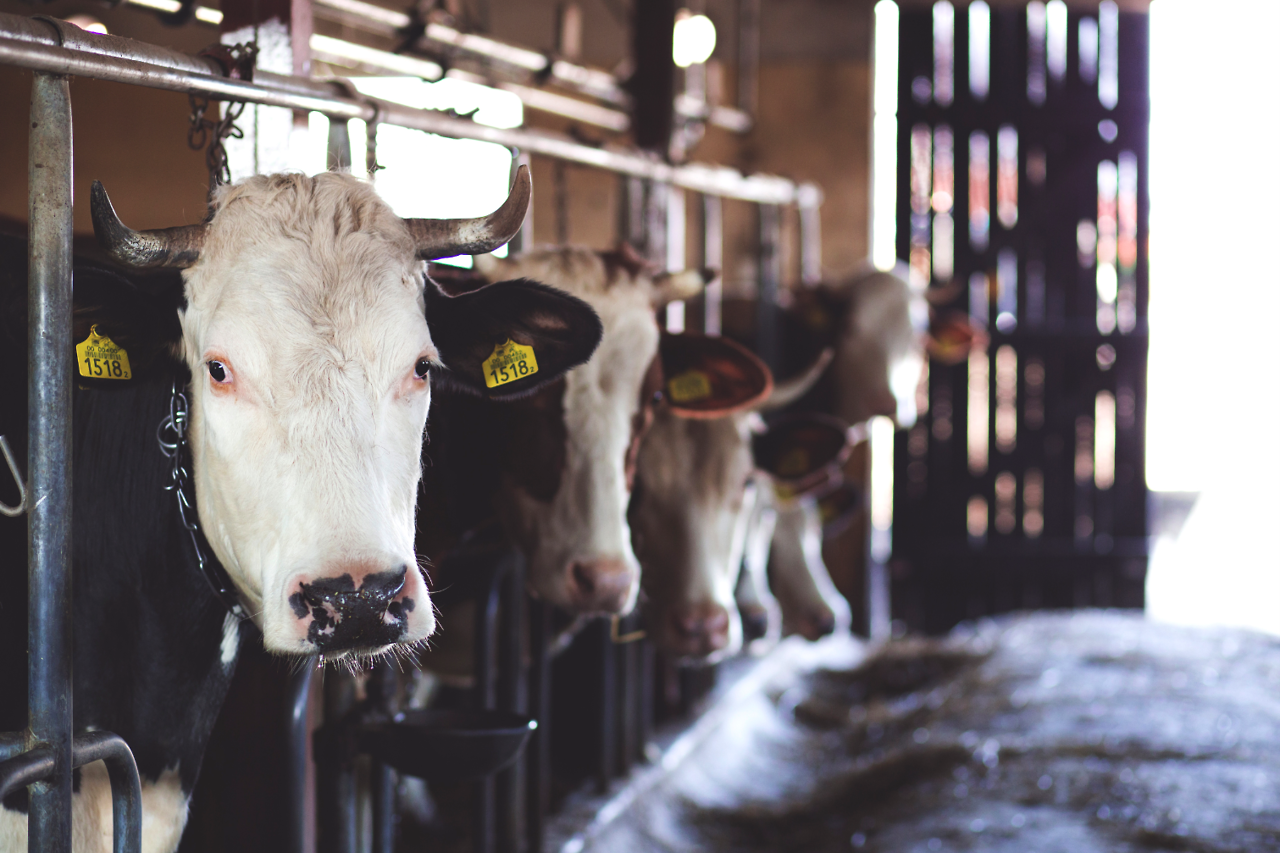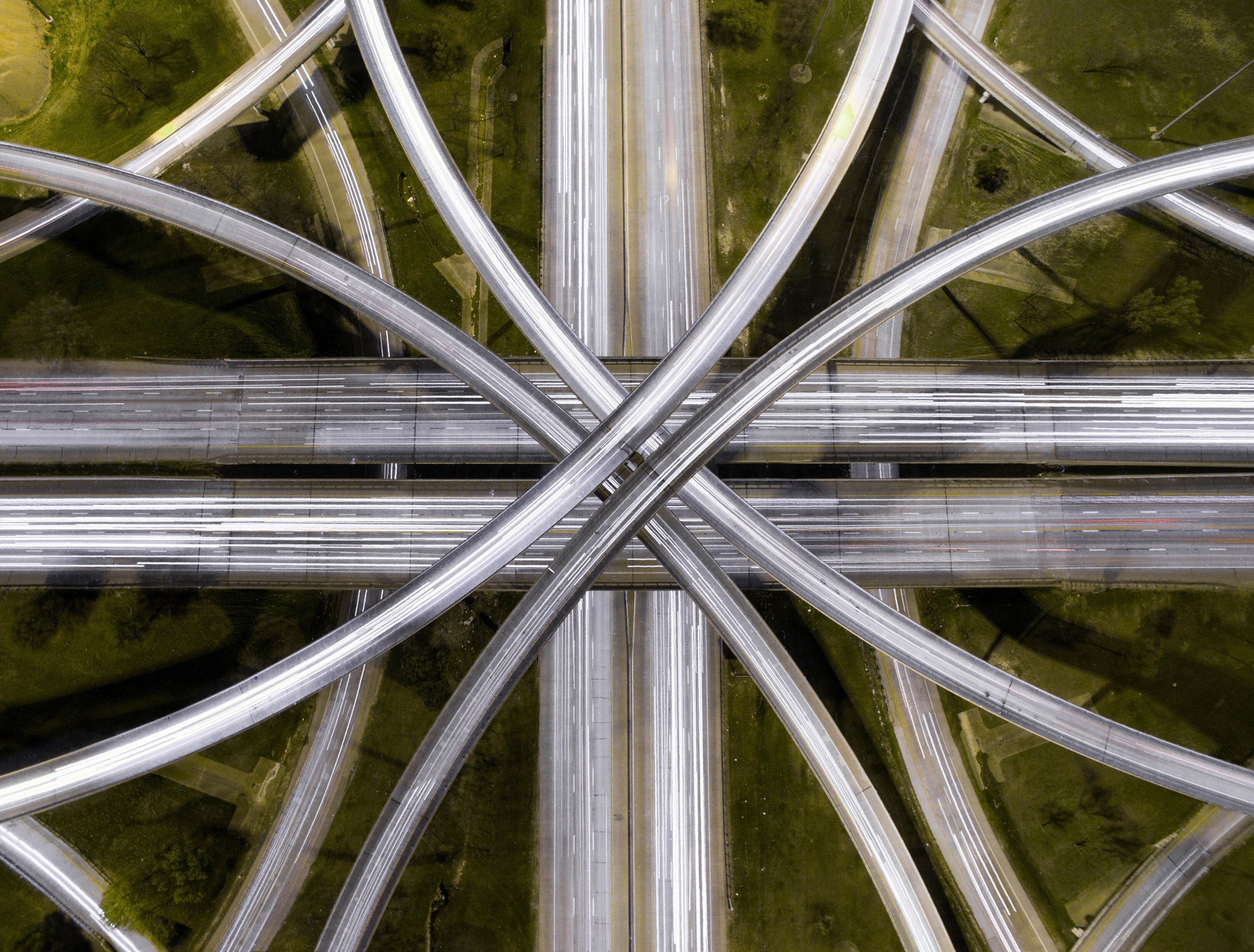Good Brands Make a Move, but Great Brands Plan for the Response
A race car driver can go incredibly fast and still crash if they only focus on what is directly ahead.
3 min read
 Bovitz
May 1, 2022 2:07:00 PM
Bovitz
May 1, 2022 2:07:00 PM

Train-goers of bygone days might look at Americans today and conclude that, not only have we lost the romanticism of travel, but we’ve also become a society of masochists. After all, how else could you explain why we repeatedly pay a small fortune to being treated like animals by the airline industry?
Oh, too harsh?
Let us remind you of a few aspects of the flying experience, and then you can decide if you still feel like you’re treated as a human being by the airline industry.
The baggage fees. As if the airline is choosing to ignore the fact that we wear clothes and don’t bathe by just licking ourselves. Baggage fees were introduced by most airlines in 2008 when fuel prices were causing them to hemorrhage money and risk total collapse. Ok, fine—desperate times called for desperate measures. But by 2014, US airlines collected over $3.5 billion in baggage fees. That’s quite the reward for introducing new stress into the flying experience: first, how to pack without paying more for it, and then, longer wait times in security lines and on jet bridges as far more bags need to be escorted all the way to the overhead compartment. See how poor policies create even more problems?
The caste system of customers. Straight out of George Orwell’s Animal Farm, in which “all animals are equal, but some animals are more equal than others.” Two passenger classes (first and coach) are no longer enough for airlines to distinguish between the haves and have-nots; some now need as much as a five-class system to accurately determine who should continue to get benefits and who should have to pay for them. Sure, you get what you pay for—we believe in that. But that becomes a problem when airlines are so apparent about the fact that they love their preferred customers and loathe the rest of us. Their attitude is different. Their attentiveness is lacking. Their smiles are hollow.
The boarding process. From 10,000 feet, you’d think you were looking down on cattle being herded on a farm in Nebraska. The way most airlines board their planes—by large, unorganized, nonsensical groupings of passengers—creates an anxiety-ridden social experiment at every gate. Passengers continuously inch closer to the boarding line before their group has been called, subtly signaling to everyone else crowding in that they deserve to be the first passenger in Group 2. Such barbaric behavior makes one wonder why they’re all in a hurry to get to their assigned seats in the sardine can. Oh, wait—it’s because they need to find enough overhead space for the carry-on they refused to pay to check.
The crammed seats. Makes the vessel feel eerily similar to a modern-day chicken farm with passengers constantly fighting for room to breathe. Not only have smaller seats and less leg room led to basic discomfort for most passengers, but it also leaves no end for all of those space-inducing annoyances—kneeing each other in the back, elbowing each other in the sides, pulling down on each other’s seatbacks for leverage when we get up, leaning back into each other’s minimal space when we recline. Our muscles cramp just thinking about it.
The rude flight attendants. No one’s better than these guys and gals at making a paying customer feel like a kicked dog after asking a simple question. On one level, we get it—they’re forced to deal with slow computer systems, inflexible policies, unhappy customers, and mountains of regulations. Who wouldn’t find those conditions stressful or frustrating? But that’s still no excuse for treating your customers poorly. There is no place for rudeness in a service industry. Period.
And as a reminder, we’re paying for all of this.
From a business perspective, we get why it costs so much for us to fly the friendly skies. There are very few ways to travel 3,000 miles in five hours. It shouldn’t be cheap.
But why does the experience have to be so nasty?
Because that is what happens when companies act like their only way to survive is to scrounge for every dollar. They pack us in tighter. They charge us for things that used to be free. They make us feel like have-nots. They don’t fix their own problems. They sacrifice our time, our comfort, and our dignity for their wallets. They stop seeing their customers as people.
But wait! the airlines say. We’ve improved the in-flight experience with wireless Internet and free snacks! To which we say: Thanks, guys, for ignoring our basic needs and instead feeding our hedonistic desires. Now go fix the real problems.
Seriously, airlines—get your act together.
Make your money by providing real value.
Respect our time. Give us basic comfort. Treat us with decency.
In other words, stand up and be a better company.
(A side note: The American Consumer Satisfaction Index points to one or two exceptions in the airline industry. We’ll cheers to these guys on here once we’ve gotten our next round of free drink tickets in the mail.)

A race car driver can go incredibly fast and still crash if they only focus on what is directly ahead.

Tracking studies are among the most valuable tools a business can have, but the word “tracking” undersells their potential.